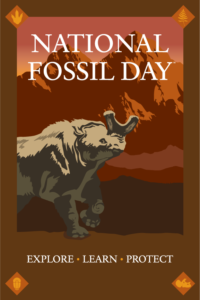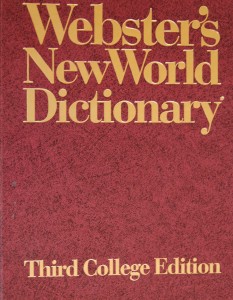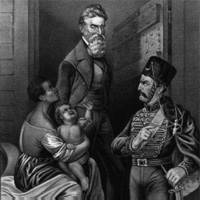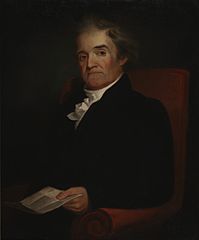 World Food Day marks the founding of the Food and Agriculture Organization in 1945. The organization is part of the United Nations. This year’s theme is Safe Food Today for a Healthy Tomorrow. Children could visit a website at: World Food Day.
World Food Day marks the founding of the Food and Agriculture Organization in 1945. The organization is part of the United Nations. This year’s theme is Safe Food Today for a Healthy Tomorrow. Children could visit a website at: World Food Day.

First National Fossil Day Poster
National Fossil Day is today! Celebrated on the Wednesday of Earth Science Week (second week in October), the day reminds us of the importance of fossils in our scientific and educational communities. The celebration was started in 2010 by the National Park Service. This year’s theme is The Rise of Ancient Life in our National Parks and Monuments. Idea: Children could make their own fossil replicas by consulting The BIG Book of Glues, Brews, and Goos by Diana F. Marks. They could also visit a GREAT website at: National Fossil Day.

Webster’s Dictionary
National Dictionary Day honors Noah Webster’s birth. Children could participate in the “Dictionary Olympics.” One event could be the fastest finder of words. Another event could be the best user of guide words. Or…since many people today use online dictionaries, children could use a dictionary in book form. They could discuss what Noah Webster would think if he could see online dictionaries today.

John Brown
John Brown and his party raided the United States arsenal in Harper’s Ferry, West Virginia in 1859. Their goal was to end slavery. He and 21 followers captured 60 citizens and the arsenal at Harper’s Ferry. However, the military quickly responded. Within days he was captured, and he was hanged on December 2, 1859. Children could learn more at: John Brown.
Million Man March occurred in 1995. African-American men joined together in Washington, DC, for a “holy day of atonement and reconciliation.”
Joseph Bruchac (born Greenfield Center, New York, 1942) has written more than 120 books. His ethnicity includes a Native American background, and his works focus on the “indigenous peoples of America.” One of his books is Between Earth and Sky. Children can visit his website at: Joseph Bruchac.
Jonathan Dayton (born Elizabeth, New Jersey, October 16, 1760; died Elizabeth, New Jersey, October 9, 1824) represented New Jersey at the Constitutional Convention. He was the youngest member. Later, he invested in land in what is today Ohio. The city of Dayton is named after him. Children could learn more at: Jonathan Dayton.
Eugene Gladstone O’Neill (born New York, New York, 1888; died Boston, Massachusetts, November 27, 1953) was an American playwright. He received the 1936 Nobel Prize for Literature and four Pulitzer Prizes for his plays. One of those plays is Long Day’s Journey into Night. Children can learn more at: O’Neill.

Noah Webster
Noah Webster (born West Hartford, Connecticut, 1758; died New Haven, Connecticut, May 28, 1843) was a teacher and a writer. He was also a lexicographer, compiling one of the first American dictionaries, Webster’s Dictionary.
Oscar Wilde (born Fingal O’Flahertie Wills Wilde in Dublin, Ireland, 1854; died Paris, France, November 30, 1900) was a playwright and poet. One of his most important works was The Importance of Being Earnest. Older children can read many of his works at: Project Gutenberg.